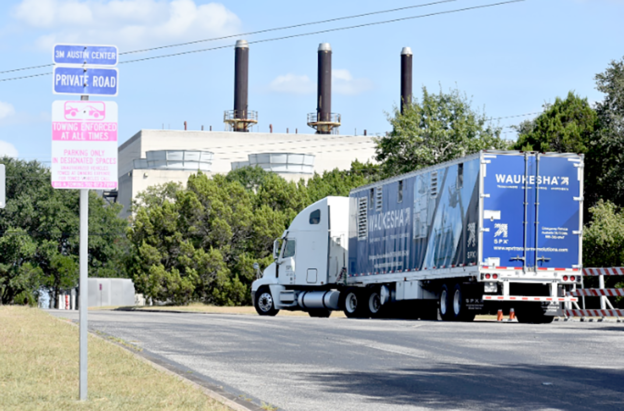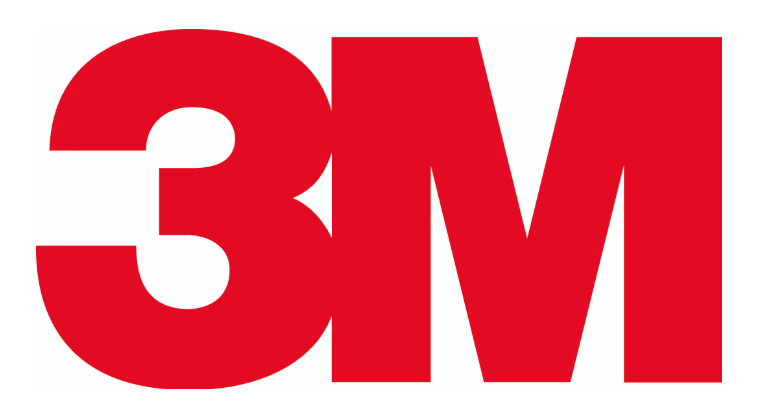
By LESLEE BASSMAN
Four Points News
Three decades after opening in Four Points, the 3M Austin Center officially closed a few weeks ago, with the last of the 3M employees moving to new facilities this summer. Not only were thousands of patents generated by 3M while it was in Four Points but the company drew the best and the brightest to the local area, impacting it greatly.
The once-thriving complex that opened in 1988 was sold to World Class Capital Group in June 2017, with its employees relocating to the company’s new Parmer Lane facility. The former site housed offices as well as research and development laboratories.
“In 1988, there wasn’t anything out there,” said 3M Senior Intellectual Property attorney Gregg Rosenblatt, who is a Steiner Ranch resident. “And now Austin’s grown out there. We’re now trying to identify with the other high tech companies that are in this area.”
Looking back at 3M’s heyday in Four Points
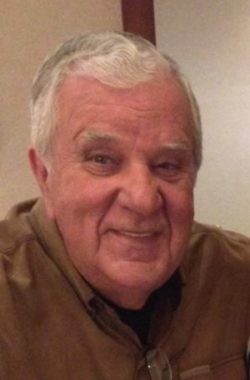
The halls of the complex at 6801 River Place Blvd. hold a varying array of memories for 3M employees, including Westlake resident Keith Moe who served as its senior group vice president from 1996-2000. Moe was responsible for six global businesses — electrical power, telecommunications, business communications, corrosion control, static control and electronic products — out of the company’s numerous product lines, focusing on “the high-tech part of the company.”
“We rarely went into product lines that weren’t leading and protected by patents and trade secrets, rarely” Moe said. “In terms of (the) total company, we were marketing 60,000-plus products to over 61 countries. We had a lot of innovation going on all of the time. We were constantly producing new technology.”
Based in the St. Paul suburb of Maplewood, Minn., the Austin locations of 3M attracted more southern university graduates who didn’t want to move north, Moe said. Also, Minnesota wasn’t the best place to expand the business, from a tax point of view, inviting the opening of the local facilities, he added.
“We always promoted entrepreneurship, early involvement in supervision and management, both male and female,” recalled Moe. “It was very dynamic and a wonderful experience for me, for sure, because we were building on these young folks with new ideas. They continued to offer great ideas and could get things done for us.”
In 2000, at the time Moe retired, he said the company “was in a growth mode“ financially. However, by the time Rosenblatt began his 3M career in July of 2003, things had changed.
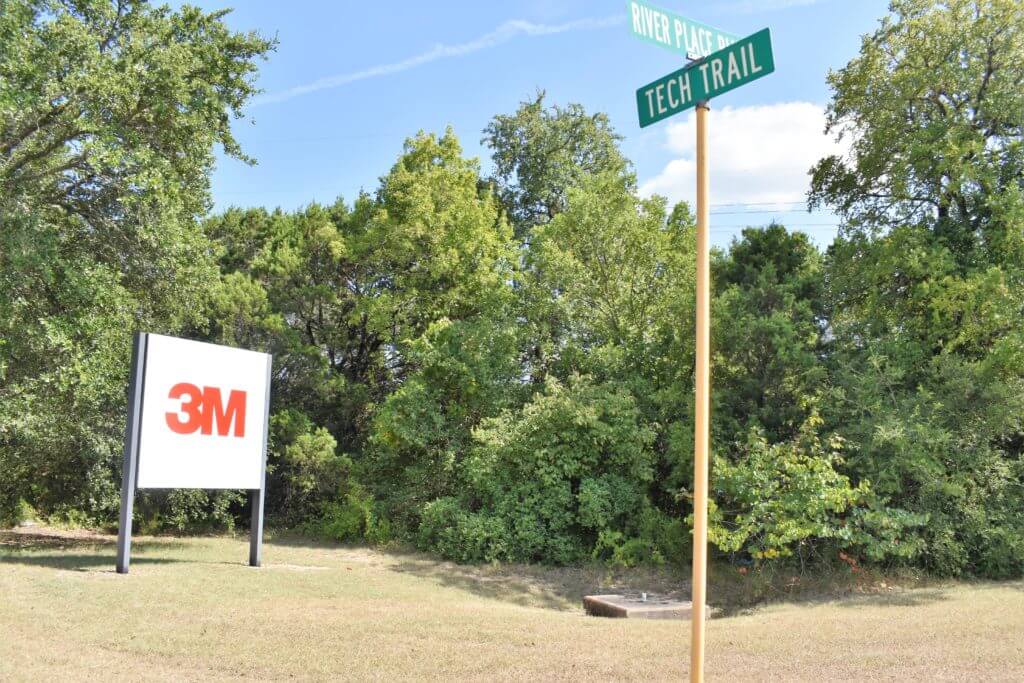
Peak to downturn
“It was actually a tough time,” Rosenblatt said. “At the time I was hired, we had lost a lot of business with the dot-com bust.”
The events of the early 2000s affected the nation’s economy and impacted 3M, along with “the over installation and underutilization of fiber optics,” factors that struck its telecom business hard, Rosenblatt said.
“The site, which had once had 2,000 people at its peak in the late 1990s, was down to about 1,000 people,” he said.
Despite the population of workers declining, Rosenblatt said the Four Points facility still housed active and successful businesses due to 3M’s conglomerate nature that featured 24 divisions.
“There’s dozens and dozens of businesses operating around the world,” he said of the global corporation. “Because we’re a conglomerate, what happens is it’s kind of like a balloon — you push in on one side and the air pushes out on another. (Since) the company is diverse, it was just that (one) area that took a hit. Other areas of the company, overall, were doing just fine. That’s just the way the corporation is structured, so all of the eggs aren’t in one basket.”
Rosenblatt said the Four Points facility never really recovered its workforce to its prior capacity after the downturn but stayed fairly steady, bringing in different businesses, such as transportation, over time.
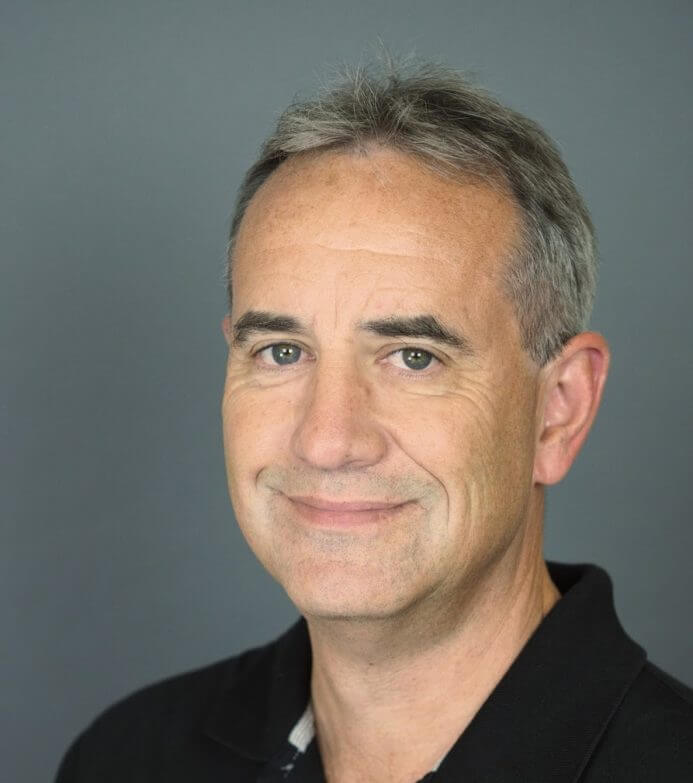
Sustainability
Like other types of businesses, corporations will invest in certain businesses,” he said. “But if the economics don’t look good for the corporate model, they’ll divest in those areas as well.”
According to Rosenblatt, 3M recently divested its communications market division, or optical fiber cable, selling the grouping to Corning in late 2017 or early-2018. But those employees didn’t see an increase to their commute since Corning is now housed in the former Four Points Walmart building, the Preserve at RM 620, he said.
The Four Points complex was cutting edge, supported by its own power plant that assisted in the high voltage laboratory tests of electrical products, Rosenblatt said. That capability was needed for 3M’s research and development work, he said.
The power plant was created not only to handle the demands of the local work but also to keep steady and consistent power to the site. Because the 3M site was out in the country, power supplies were fairly easily interrupted in the late 1980s, according to reports.
“During its heyday, it was a multi-billion dollar enterprise that had its own (research and development) facility,” Rosenblatt said. “Electronics, electrical markets, telecommunications — that was the main focus. That was at the heart of what was going on in the R&D side. Thousands of patents were generated over the time we were there.”
Rosenblatt noted that much of the general public recognizes 3M for its Post-It Notes, Scotch Tape, filters and Scotch-Brite Sponges and Scouring Pads, the consumer types of products that comprise less than a quarter of the company’s business.
“The rest of the $30 million enterprise is directed to manufacturing products for industry,” he said.
At one point during his tenure at 3M, the company was interested in expanding its footprint of products “but now that footprint is receding so (that) much more of the activity is centered in its St. Paul headquarters,” Rosenblatt said.
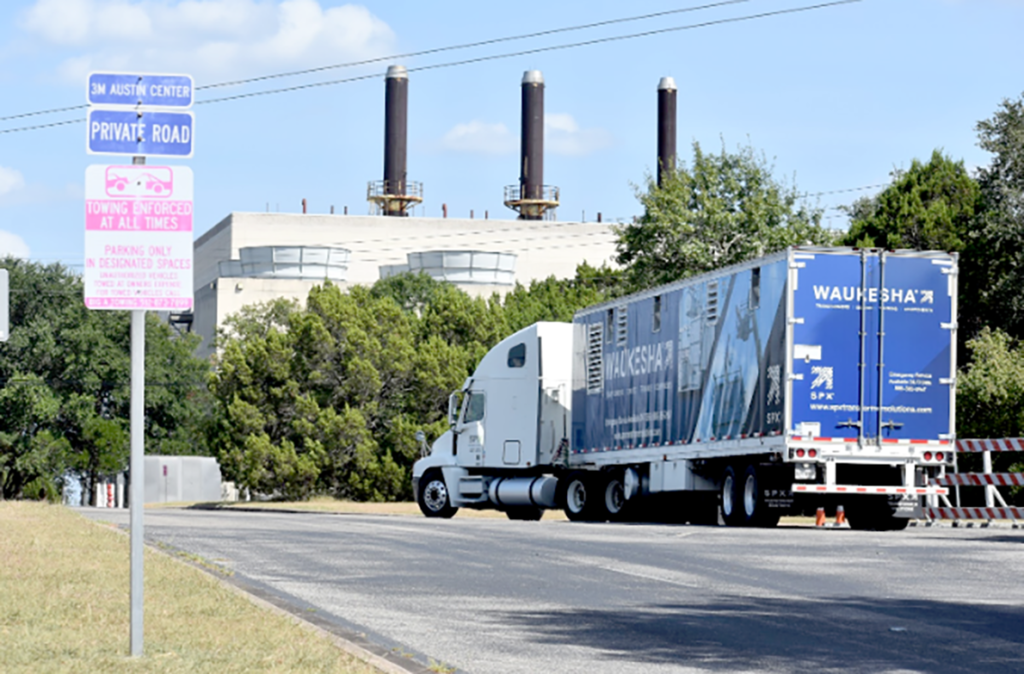
a month ago. LESLEE BASSMAN
Closing Four Points
The 30-year-old Four Points facility was nixed because it needed more maintenance and was underutilized, Rosenblatt said. By 2017, the 11 buildings housed between 750 and 1,000 employees although the facility was intended for 2,000 people, he said.
The corporate executives at 3M wanted to have “a more modern type of structure to house the existing businesses here in Austin,” Rosenblatt said. Deciding that the Four Points facility was still a valuable asset, they put the property up for sale while constructing a new facility off Parmer Lane at I-35, he said.
Local residents who worked at the Four Points site shared “mixed feelings” about its closure, he said.
“You have a number of (3M) people who live in the River Place and the Steiner Ranch area and even west of there, down (RM) 620, out near Spicewood — all of those people, their commutes were increased greatly because of the facility’s cross to the more eastern part of town,” Rosenblatt said.
He said he moved to Steiner Ranch 16 years ago to be close to 3M after working for law firms in the Washington D.C. area where he was faced with daily hour-long commutes.
“That’s a challenge that a number of us are going to have to figure out how we’re going to deal with it,” he said, especially now that school is back in session and the traffic during rush hour gets worse.
Although he wasn’t sure if the company lost any workers due to its relocation, Rosenblatt said the move actually affected the workforce in positive ways, with a number of employees planning to increase telecommuting. He said the open space environment at the new facility might improve collaboration between coworkers.
“Like everything else in life, there’s good and bad that come with it,” Rosenblatt said. “It’s more of an inconvenience for quite a few of us who live in the Four Points area.”
Even though the sale of the Four Points campus has already been finalized, 3M leased the facilities back from World Class until the end of August. The main move took place the week of June 13, Rosenblatt said.
The last to move out of Four Points were a couple of the laboratories because the final details were being completed at the new labs at the Parmer site, he said.
Benefiting the community
Rosenblatt said 3M has done much to help the local community, even beyond its United Way efforts. Every year, the company promotes volunteer work for different organizations in the greater Austin area, a program it is continuing, he said.
Moe said 3M made contributions to the University of Texas as well.
Besides employing local folks, the company has raised millions of dollars for Austin-area charities, including sponsoring the 3M Half Marathon, with philanthropy being an important part of 3M’s culture, Rosenblatt said.
“So the good news is (that) even though we’ve left Four Points, we’re still an active part of the greater Austin community and we hope to remain that,” he said.

Looking ahead to 3M site
As a Four Points resident, Rosenblatt said he’s interested to see what the new owners have in store for the complex, with an eye toward traffic and preserving its natural beauty.
“It’s such a big facility,” Rosenblatt said. “You have underground tunnels that connect (to) that power plant and go under all of those buildings there.”
He said the site was structured to preserve as much greenbelt as possible.
“There were expansion plans that may or may not have been curtailed because of the Balcones Canyonland Preserve,” Rosenblatt said. “Who knows what they’re going to do with the facility after that?”
World Class did not respond to a request for an interview by press time. On Aug. 14 the FBI raided the World Class Holdings offices in Austin. There have been not updates on World Class since then.

